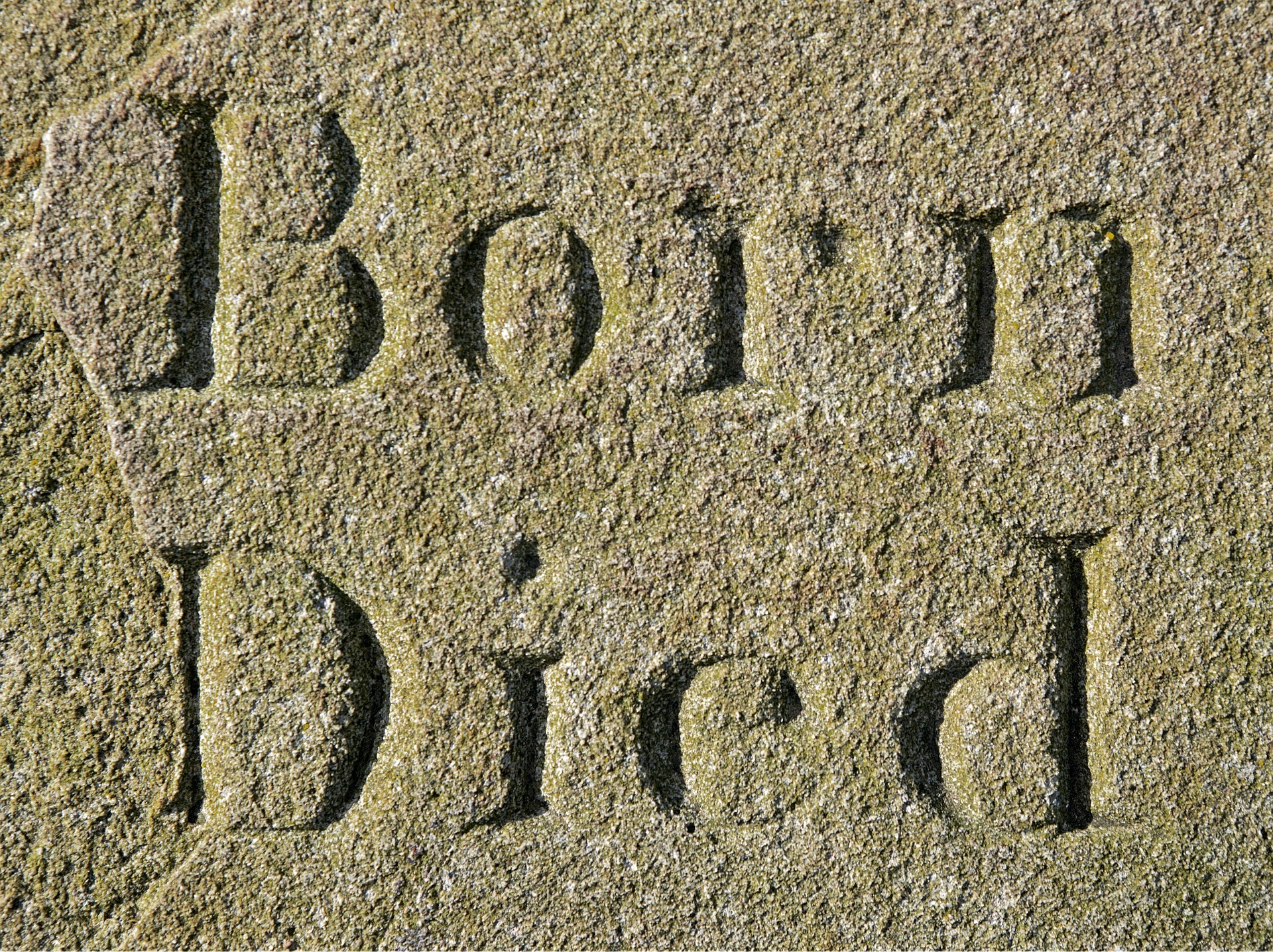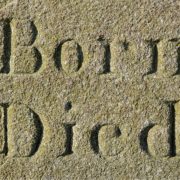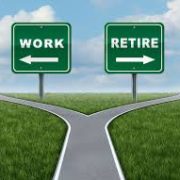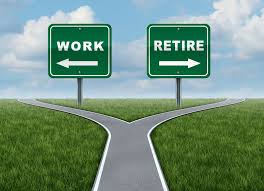Please Don’t Ask Me How Old I Am. You Won’t Like My Answer.

A member of a golf foursome I found myself in recently asked me on the third tee box how old I was. I don’t recall what spawned the question – perhaps the dismal state of my golf game as demonstrated on the first two holes.
I gave him my standard answer to the question:
“I’m on my next-to-last mattress.”
His was a predictable response – raised eyebrow, cocked head, and a chuckle once the thought got processed.
I use this response to the question less for an attempt to be clever but more to be true to a disdain for the automatic slot that a person’s version of age is likely to place me when they hear the number.
My age doesn’t define me.
If pressed, I’ll reveal the number, but prefer to let that thought lie and simmer.
Somedays I regret knowing my birthdate.
Black baseball legend Satchel Paige is often credited with saying: “How old would you be if you didn’t how old you were?”
That question came to life when I read a guest post on Chip Conley’s “Wisdom Well” daily blog written by Mhaire, (read the article here) a fraternal twin who, with her brother, was surrendered to an orphanage at a toddler age with no paperwork. They were tall for their age, leaving it anyone’s guess as to their age. Their progression through orphanages, a “rotating roster of caretakers”, and eventual connection with relatives carried with it an obligatory, but fabricated, birth certificate that was a decade or more wrong.
It’s hard to imagine, isn’t it, what that would be like for us with our fetish for numbers, categorization, and life portals.
I’m changing it up.
After reading Mhaire’s post, I may move my response from “clever” to “weird, strange, esoteric” and further confirm the suspicion that I was dropped on my head as a child.
Ask me how old I am today, and I’m gonna say:
“I am today.”
OK, maybe not. I’m already too good at finding ways to dissolve relationships. Maybe the mattress gig is adequate for now.
But, I’m guessing you see my point. If not, let Mhaire help make it for me with these excerpts from her post (the bolding is mine):
“The point is that other people’s versions of age do not matter. And I am not the only person in the world who does not know their birthday. Many people don’t. Especially those of us from orphanages, or who have been through wars as children, those who lost their parents, or even cultures who identify age differently than the Gregorian calendar.
In American society, age seems to be something to negotiate (age gracefully) or commodify (buy this to fight aging), or to use as a weapon (you are older than me). We have a whole body of writings and research to argue against the idea of an elder as a bad thing (which frankly I agree with whole heartedly. Elders are to be celebrated, regardless of chronology).
Others place their definitions of where I am in their version of age to help them understand where I might be. Living in the present is what I do, because age is the thing that defines the future and the past, yet it doesn’t define me. There has never been a way to do so. Not because I don’t let it, but because it never has.
I suspect I am better off.”
Time travel sucks!
Old Dale got it – time travel does suck.
I’ve written a lot about the dangers of mental “time travel” i.e. back into the regrets of the past and the fears of the future versus the life-enhancing qualities of being able to live in the present moment.
I wonder if not knowing my birthdate would make the avoidance of time travel easier. It seemed to help Mhaire.
I’m getting better at staying encapsulated in today. But, even with the realization that today is all that I have, it’s still difficult to avoid that time-travel track and stay in line with my life purpose.
One thing is certain. If I’m preoccupied with my number and what my culture says it means, I’m gonna be sucked back into the past or shot forward into the future where fear remains the main resident.
Author and podcaster, James Altucher, puts it this way:
“Regret steals joy from the past, anxiety steals opportunity from the future. Both steal energy from the present. Anxiety is the opposite of self-care.”
It’s all in the interest of protecting my self-care.








